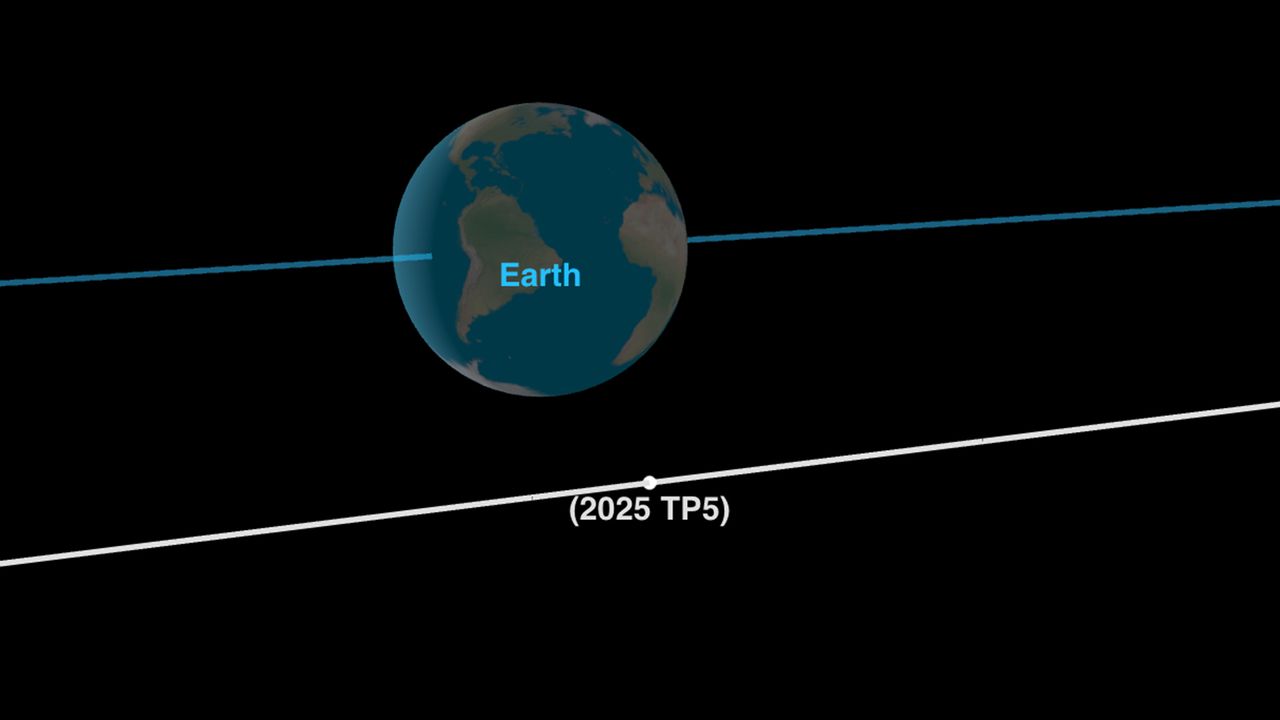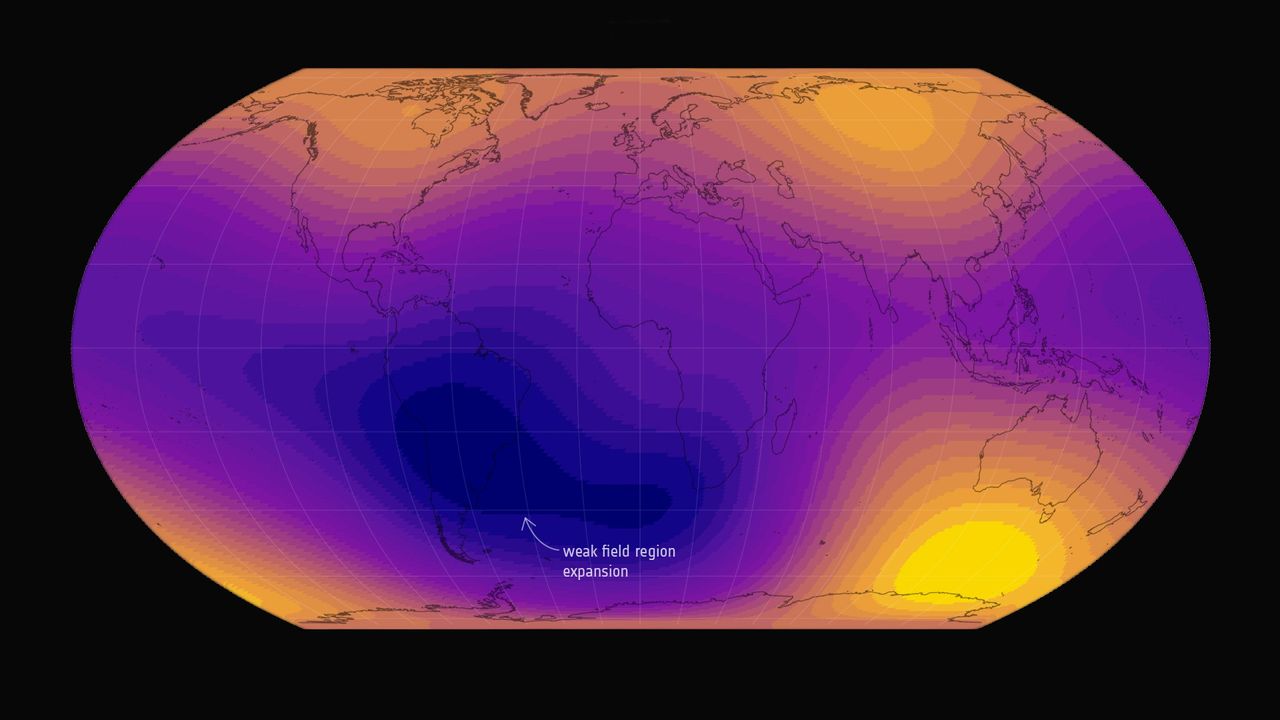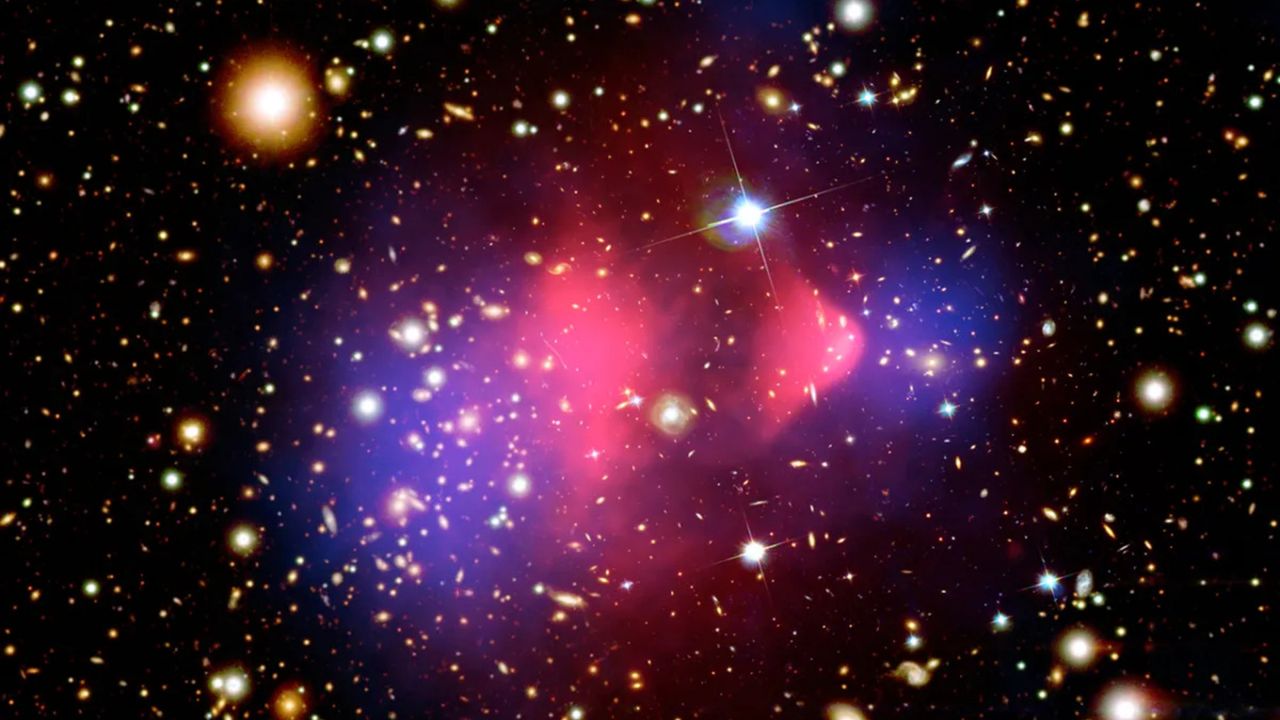Space Live: the new TV channel streaming absolutely spellbinding footage of Earth … forever
PositiveScience

ITVX has launched a captivating new channel called Space Live, which streams real-time footage from the International Space Station. This continuous broadcast offers viewers a breathtaking perspective of Earth, reminding us of our place in the universe. While it may be challenging to watch for extended periods due to the sheer volume of content available today, the channel serves as a humbling experience that encourages reflection on our existence and the beauty of our planet.
— Curated by the World Pulse Now AI Editorial System








